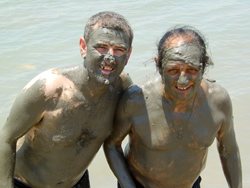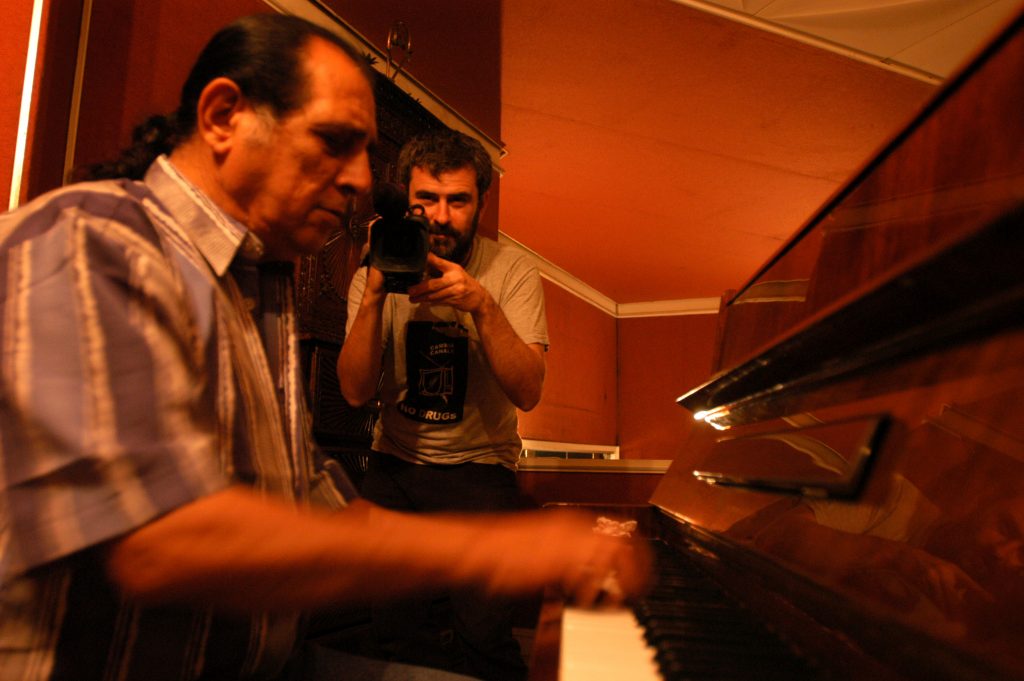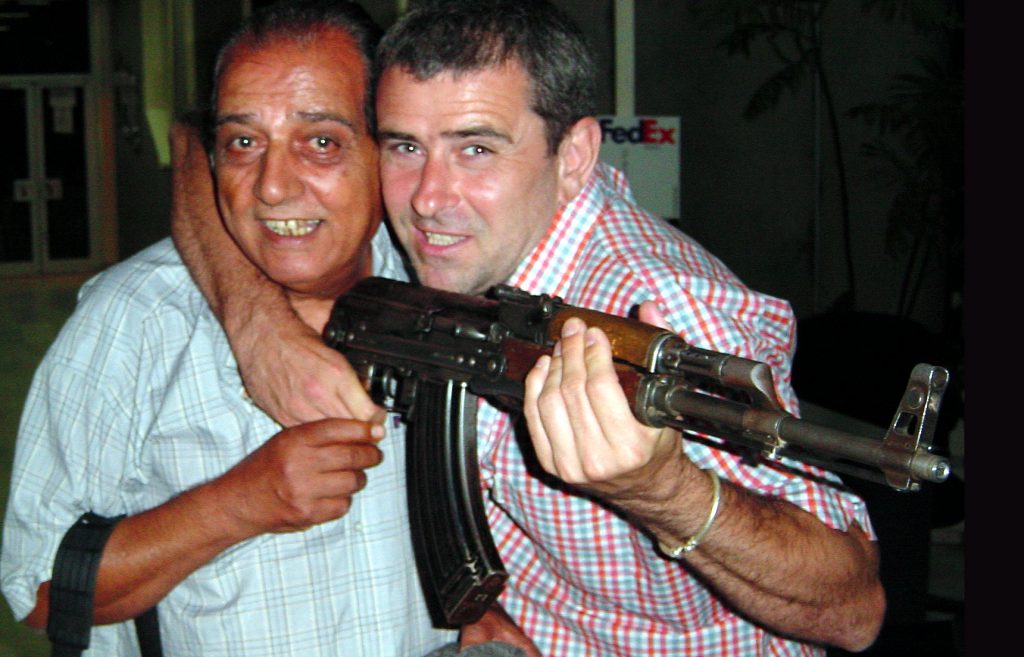“Hide that camera will you..” Samir screams. “I told you my area is full of insurgents, they will kill us both. These bastards are destroying everything now. They should kill them all.” I pull the camera down, we continue driving to Samir’s, listening to Mozart on the stereo, the baking heat making us both drip with sweat. Samir’s air conditioner in the car is broken, he doesn’t have enough money to buy a new radiator, he lost all his piano students after the war a year ago. It is not safe to travel anymore, and the roads here are gridlocked since the American’s closed so many main streets.
“You know I wish you could have seen me a few years ago. I was never like this. I had $200,000 in the bank before the 1991 war, then the sanctions came and the money was devalued, and so was all our lives. We were a first world nation reduced to a third world country. Can you imagine that? all the luxuries you like having in Britain suddenly being taken away from you overnight’.
We pass an American patrol. “But I blame Saddam for everything, he gave the American’s the excuse to be here now. He stole 30 years from every Iraqi’s life’. There is a road block, now guarded by Americans and Iraqi soldiers. this is new Iraq.
So why are the insurgents still fighting then? I ask him. Samir believes they are Saddam loyalists and foreign fighters. But many tell me they are ordinary Iraqi’s fighting to liberate their land from the American occupation. We reach Samir’s home, I quickly disappear inside the house, keeping a low profile. The house is hot, the electricity is not working and the generator is not strong enough to power the air coolers. Then the electricity comes on and the air coolers work.
We watch an interview with an Iraqi minister from the new interim government, defiant words on tackling the insurgents. “We will deal with them in our own way, in a way only the Iraqi people know” he smiles, and so does Samir. His words send a shiver down my spine. I see Ariel Sharon appear momentarily in his face. Samir gets agitated, “Iraqi’s need another Saddam, they need a dictator here. There are too many little Saddam’s out there to control.”
Then the electricity goes out again. Samir is angry. “They’ve had a year to get this right… Saddam sorted this out in 3 months after the war in 1991 and look at the place…” he goes off into another rant. I looked out of his window at the war torn neighbourhood, riddled with bullet holes, a US tank lies on a roadside destroyed.
Samir puts his arm around me. “Saddam knew how to run this country. He knew how to deal with his people.”


